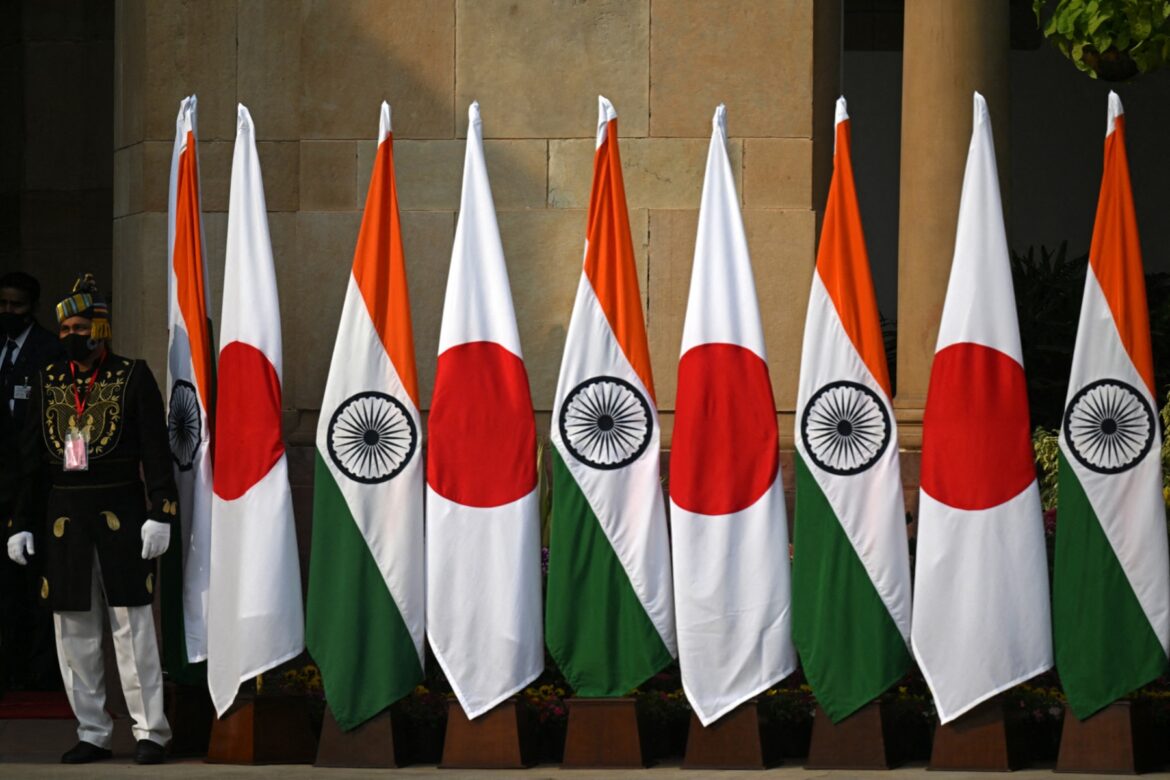August 26, 2025
TOKYO – Japan and India are set to add economic security, the defense industry and cyber issues to their areas of cooperation in revisions to the two nations’ Joint Declaration on Security Cooperation, according to government sources.
Prime Minister Shigeru Ishiba and Indian Prime Minister Narendra Modi, who is scheduled to visit Japan this week, plan to hold talks on Friday. They are expected to sign and exchange the revised declaration.
The joint declaration was originally signed in 2008 by the then leaders of both countries. Japan and India intend to revise the agreement to help them work together to address new security challenges that have emerged over the past 17 years.
Regarding economic security, the revised declaration is expected to state Japan and India’s commitment to strengthening supply chains for items such as critical minerals and cooperating in response to economic coercion. Behind this revision is believed to be China’s use of rare earth export restrictions as a means to apply economic pressure.
Japan and India also intend to affirm their commitment to the joint development and production of equipment and technology in the defense industry. The revised declaration is likely to state their cooperation in promoting joint research and development as well as collaboration among the government, industries and academia in such new areas as cyber security and fields that will likely influence future warfare, including artificial intelligence and semiconductors.
The two nations also plan to mention effective use of the bilateral Acquisition and Cross-Servicing Agreement (ACSA), which came into effect in 2021, while seeking ways to cooperate in defense against chemical and biological weapons.
In addition, they are expected to stress their commitment to strengthening the frameworks of cooperation and dialogue that they have continued to pursue, such as that among the Quad, made up of Japan, India, the United States and Australia.
Such amendments are intended to respond to China’s coercive actions in such areas as the South China Sea. Japan and India plan to stress the importance of efforts to ensure maritime order based on the rule of law.


AloJapan.com